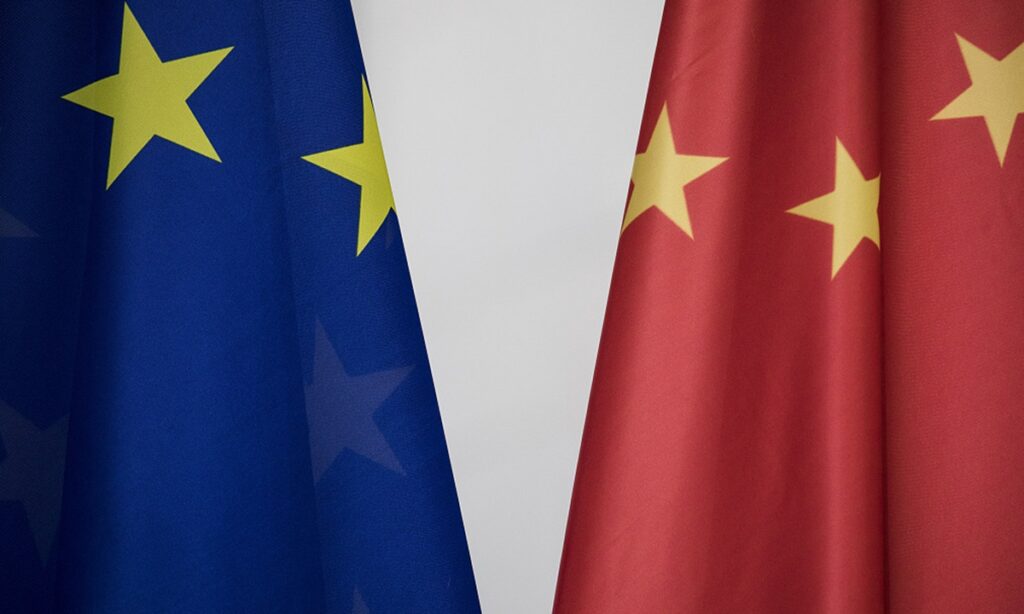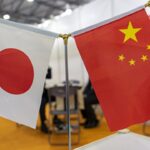The EU will call on the US to seize a “once-in-a-generation” opportunity to forge a new global alliance, in a detailed pitch to bury the tensions of the Trump era and meet the “strategic challenge” posed by China, the Financial Times reported on Sunday, citing a draft plan.
The bloc and Washington have had their relations strained under US President Donald Trump. The EU and most of its member states have congratulated president-elect Joe Biden as they believe there would be a relief in US-EU tensions under Biden. However, many problems between the two sides await solutions, but the breaches are not easy to heal.
Against this backdrop, the EU thought it should move proactively to fix its problems with the US. In this regard, the bloc’s draft of policy proposals can be seen to warm the situation. Many EU-US disputes are structural. If the two cannot have a good start in recovering their ties, both would be embarrassed and it would be harder for them to take further steps.
By highlighting the “strategic challenge” posed by China, the EU aims to show that there is consensus between the bloc and Washington. The bloc wants to start with demonstrating solidarity and then engage in core concerns with the US, such as trade and technology.
Although Europeans often talk about China in the discussion of restarting EU-US relations, they know it is impossible to form a real anti-China alliance as they cannot give up the important economic partnership with China. This can be seen from how the bloc defines China – a cooperation partner, a negotiating partner, an economic competitor, and a systemic rival.
Cui Hongjian, director of the Department of European Studies of the China Institute of International Studies, told the Global Times on Monday that the China-related stances in the abovementioned proposals are far from being anti-China, and they will not affect China-EU common interests in the short term.
The EU’s draft is more of a political gesture to show goodwill to the US with the ultimate goal of assuring a better position in EU-US relations. Europeans do not want yesterday to be repeated.
China does not necessarily need to view the move as one to form a new alliance targeted at China, Cui said, noting it is difficult for the EU and the US to make a highly coordinated alliance, and they are not capable of confronting China in many spheres.
But we should take note that as the EU and the US emphasize their so-called common concerns (such as trade, politics and human rights), they would probably place more pressure on China in those aspects, including interfering more in China’s domestic affairs related to Hong Kong and Xinjiang. We should keep an eye on this and be prepared for what they will do next.
From the perspective of Europe, it has been reluctant to accept China’s narrative that the two sides’ consensus is greater than disagreement, and their cooperation greater then competition. As for Europeans, consensus and disagreement coexist while consensus comes from the settlement of disagreements. “This would be a challenge to China,” Cui said.
Nevertheless, Europe will not treat China in an on-off way as it did during most of the time during the Cold War. Some ideological struggles could be strengthened, but there is not likely to be comprehensive hostility. How the EU deals with China is ultimately determined by the bloc’s interests.
Global Times



